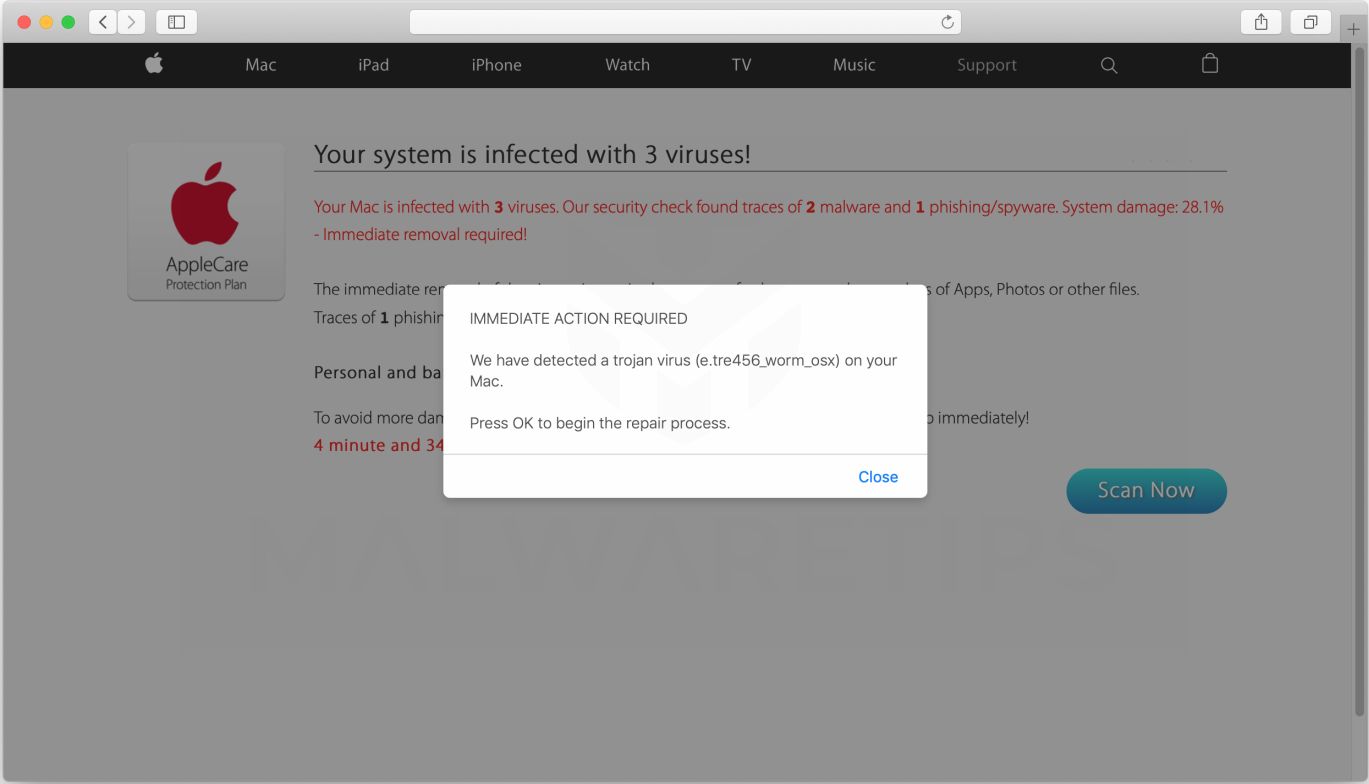

They install unwanted, malicious software instead. A couple of other popular ways to distribute malware are to use fake software updaters and cracking tools.įake updaters do not install updates, fixes. Users infect systems by opening malicious downloads. Once installed, Trojans infect computers with additional malware.Īnother way to distribute ransomware is through unofficial pages, third-party downloaders, Peer-to-Peer networks, and other unreliable sources for downloading files. In other cases, cybercriminals try to trick users into installing certain Trojans. Recipients infect computers by opening malicious attachments or files downloaded via website links. Many cybercriminals use email as a channel to distribute ransomware. More ransomware examples are Read, Marlock, and Koom. Therefore, users rarely can decrypt files without without the right decryption tools that can be purchased from the attackers. Most ransomware variants use strong encryption algorithms. Malware of this type prevents victims from accessing their files until a ransom is paid. It could encrypt more files or infect other machines on the local network. Ransomware should be eliminated from the infected computer as soon as possible. It is not advised to pay cybercriminals a ransom - there is a high chance that they will scam their victims (they will not send a decryption tool).
#THE BEST MAC VIRUS CLEANER FREE#
Sometimes, victims can do it with a free tool downloaded from the Internet. The only free data recovery option is to restore files from a backup. Usually, cybercriminals behind ransomware attacks are the only ones who have the right decryption tools (unfortunately, there is no free tool that could decrypt files encrypted by Udacha).

Before paying a ransom, victims can send one file to the attackers and receive it back decrypted. It is stated that the price of a decryption key gets doubled after two days from the attack.Īfter transferring a ransom to the provided BTC wallet, victims have to write an email to or contact on Telegram and wait until the attackers send a decryption key. Encrypted files cannot be decrypted without a private key that costs $490 in Bitcoins. Screenshot of a message encouraging users to pay a ransom to decrypt their compromised data:Īs written in the ransom note, Udacha encrypts documents, photos, databases, and other files. Udacha also creates the " ReadMe_Instruction.mht" file, a ransom note. For instance, it renames " 1.jpg" to " 1.jpg.udacha", " 2.jpg" to " 2.jpg.udacha". Udacha blocks access to files by encrypting them and modifies their filenames by appending the ".


 0 kommentar(er)
0 kommentar(er)
